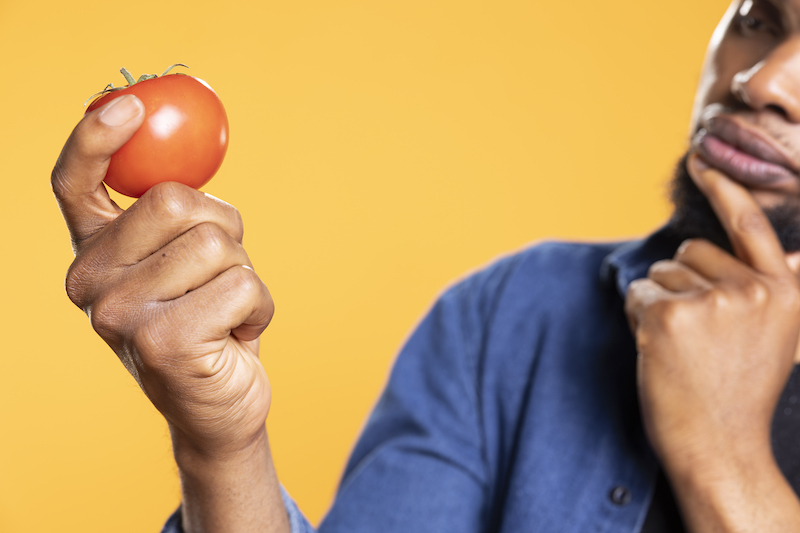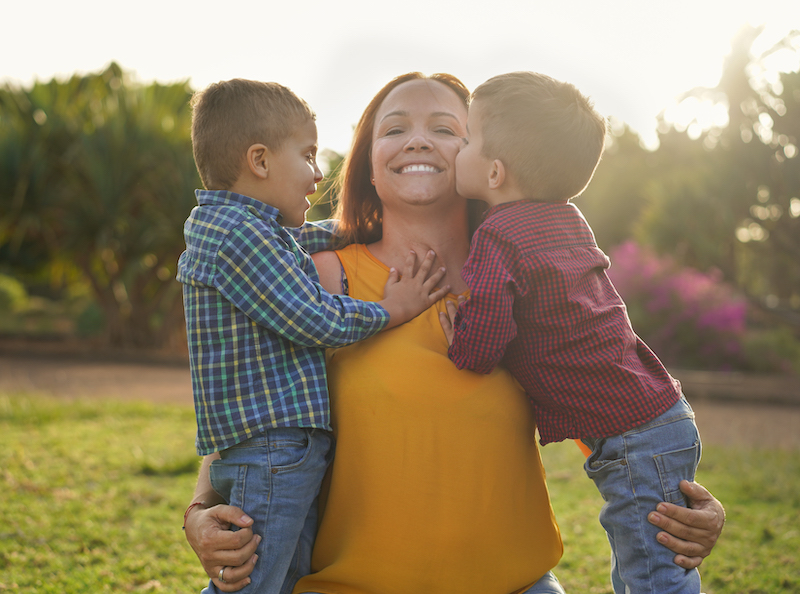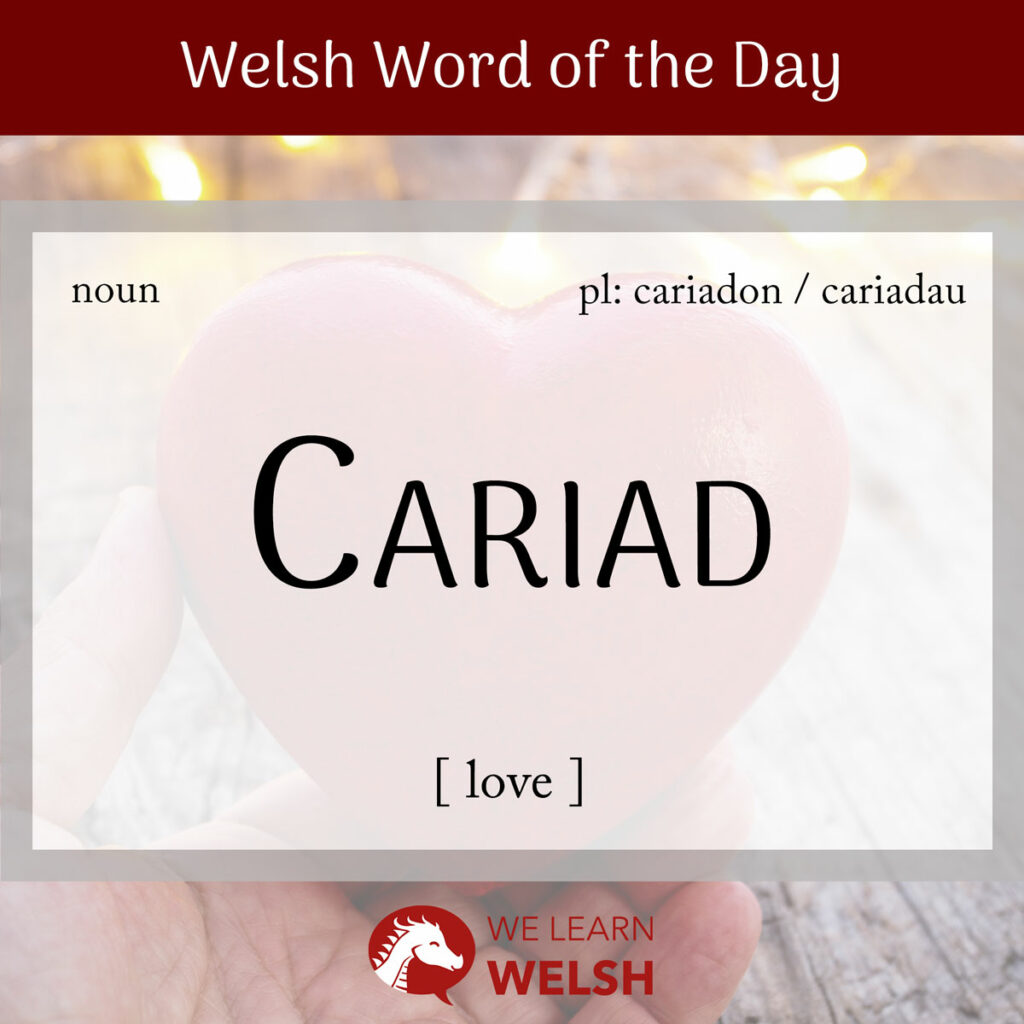Today’s word of the day is cariad which is the Welsh word for love. If you’ve ever been to a souvenir shop in Wales, you’ve probably seen this word plastered on mugs, teddies and all sorts of little trinkets, but did you know cariad actually has a few different meanings and uses? Maybe there’s a little more depth to that kitschy mug than you first thought!
cariad
love
Cariad is a masculine noun that is susceptible to all three types of mutation:
Soft mutation
gariad
Nasal mutation
nghariad
Aspirate mutation
chariad
As well as referring to the concept of love itself, cariad is also used as a term of endearment to mean lover/romantic partner. All three types of mutation commonly appear when referring to someone’s romantic partner:
- fy nghariad = my boyfriend/girlfriend/lover
- dy gariad = your boyfriend/girlfriend/lover
- ei gariad = his boyfriend/girlfriend/lover
- ei chariad = her boyfriend/girlfriend/lover
Cariad has a different plural form depending on its meaning. The most common plural you will come across is cariadon meaning lovers/romantic partners. The plural of cariad when used to refer to the concept of love is cariadau (loves), but you are unlikely to come across this since we don’t often need to use the plural form of abstract concepts.

Cariad is a gender-neutral word so it’s a great way to refer to your sweetheart, no matter what gender they are. However, if you want to be more specific, in South Wales there are some gendered slang terms:
- sboner = boyfriend
- wejen = girlfriend
Sboner comes from the English word spooner, which refers to the traditional practice of men giving carved wooden love-spoons (llwyau caru) to women as an expression of love.
If you are married to your partner, you might describe them as fy ngŵr (my husband), fy ngwraig (my wife) or fy mhriod (my spouse). Gŵr and gwraig are also used to mean simply man and woman, for instance in the idiom bwrw hen wragedd a ffyn (to rain cats and dogs lit. to rain old women and walking sticks). The Welsh suffix -wr, as in nofiwr (swimmer) or gyrrwr (driver), derives from gŵr. So when you say you’re a dysgwr Cymraeg (Welsh learner) you are literally saying you are a “Welsh learn-man”.
Another useful term is cymar (partner) which can describe any serious romantic partner, whether married or not. But, whatever their specific relationship, it is common for Welsh people to refer to their significant others as cariad/fy nghariad, just like the English love/my love.
Here are some other Welsh pet names and their literal translations:
- cyw = chick
- bach = little
- del = pretty/cute
- cariad aur = gold love
- yr aur/’raur = the gold
- f’annwylyd = my dearest (very formal/old-fashioned)
- blodyn/blodyn tatws = flower/potato flower
Many love-related phrases in Welsh have similar English equivalents:
- mewn cariad = in love
- cwympo/syrthio mewn cariad = to fall in love
- dros eich pen a’ch clustiau mewn cariad = head over heels in love (lit. over your head and ears in love)
- claf/clwyfus o gariad = lovesick
- dodi cariad ar = to set one’s heart on
There are also some more surprising uses of cariad. For instance, did you know that afal cariad (lit. love apple) is a rarely-used term for tomato?

The verb version of cariad is caru (to love). I love you in Welsh is Dwi’n dy garu di, which can be shortened to the more casual Caru ti! (Love you!) Just like to love in English, caru can be used to refer to all types of love; you can caru your partner, your friend, your child or even your favourite place. In fact, the Welsh national anthem makes reference to gwladgarwyr (patriots lit. country-lovers), that is, Welsh people who love Wales:
Ei gwrol ryfelwyr, gwladgarwyr tra mad,
Dros ryddid collasant eu gwaed.
Her [Wales’] brave warriors, very splendid patriots,
For freedom they shed their blood.
In Wales, we have our own patron saint of love, Santes Dwynwen (Saint Dwynwen) who we celebrate on the 25th of January. Although Dydd Sant Ffolant (Valentine’s Day) is more widely known, Dydd Santes Dwynwen (St Dwynwen’s Day) is still commonly celebrated in Wales and has seen an increase in popularity in recent years. On Dydd Santes Dwynwen, much like on Dydd Sant Ffolant, couples might exchange cardiau (cards) and anrhegion (gifts) such as rhosys cochion (red roses) or siocled (chocolate).
Roeddwn i dros fy mhen a’m clustiau mewn cariad.
I was head over heels in love.
Another time of year you’re likely to hear a lot about cariad is Mis Balchder (Pride Month). Just like everywhere else in the world, many Welsh people are lesbiaidd (lesbian), hoyw (gay), anrhywiol (asexual) or deurywiol (bisexual) and the struggle for Welsh marriage equality is ongoing. Currently, Yr Eglwys yng Nghymru (The Church in Wales), offers a bendith (blessing) to same-sex couples, but does not allow same-sex marriage. During Mis Balchder you may see a gorymdaith (march) as Welsh LHDTC+ (LGBTQ+) people dathlu (celebrate) their cariad and advocate for their hawliau/iawnderau (rights).

Here are some more love-themed words you might find useful in Welsh:
- sws/cusan = kiss
- cwtsh = hug
- blodau = flowers
- dêt = (romantic) date (slang)
- gwneud oed â/gwneud points â = to date/go on a date with
- sengl = single
- rhamantus = romantic
- calon = heart
If you are enjoying the single life, you might say Dwi’n hen lanc dedwydd/hen ferch ddedwydd (I’m a blessed bachelor/bachelorette). After all, there are plenty of non-romantic types of cariad; you might enjoy spending time with ffrindiau (friends) or teulu (family), or you might caru a certain activity or genre of music.
Who or what makes you feel cariad?

